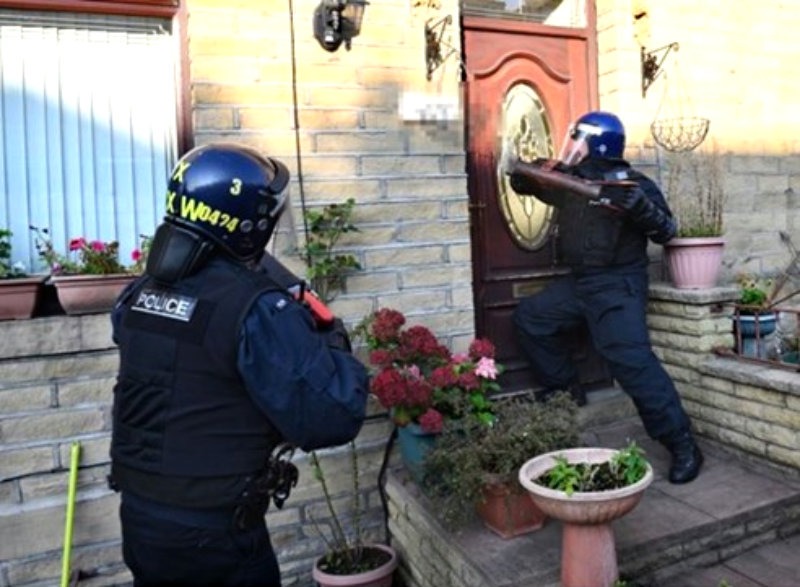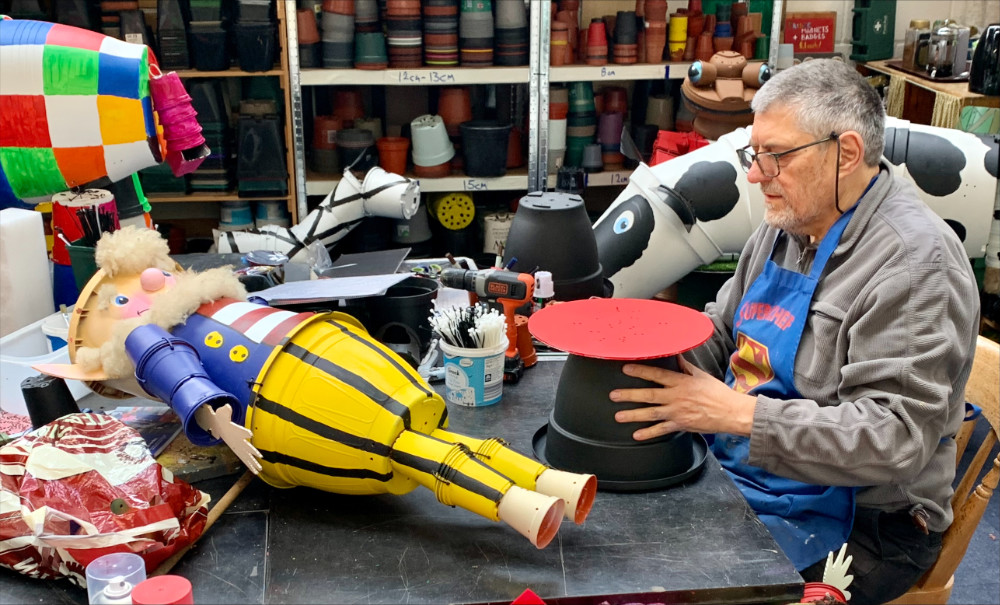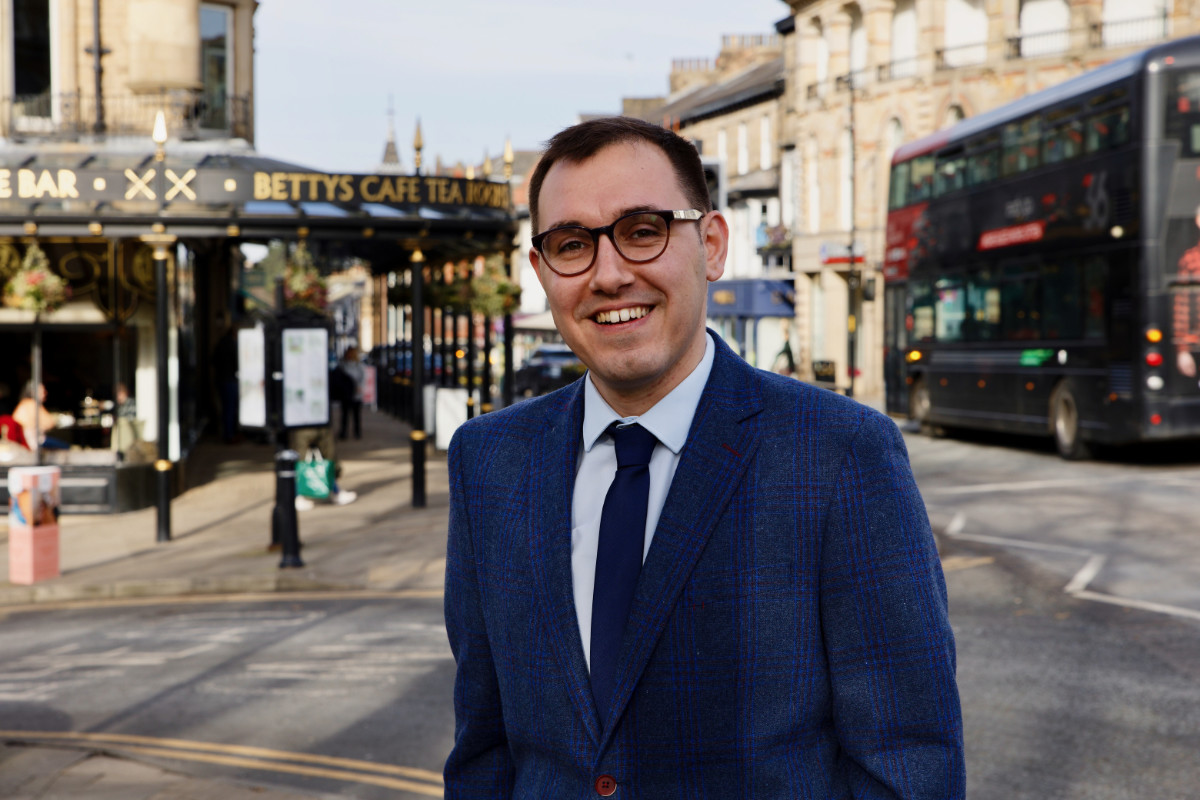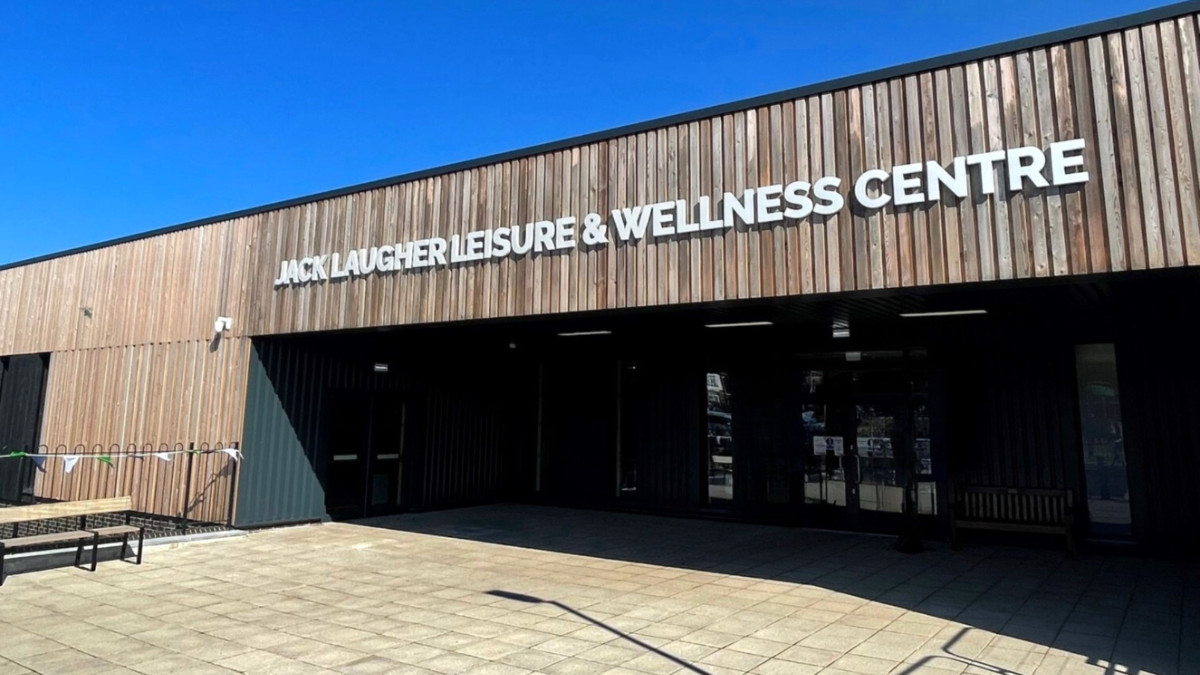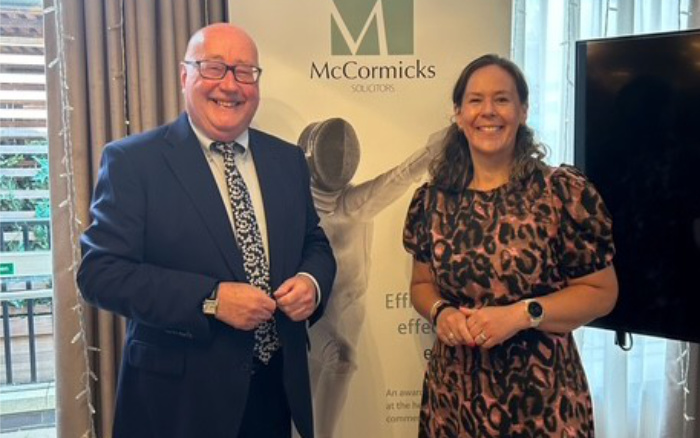15 people have been arrested and 64 vulnerable people visited during a week-long crack-down on county lines drug dealing.
The action was part of a national week of intensification led by the National Crime Agency and Regional Organised Crime Units to disrupt criminals and safeguard vulnerable people.
In North Yorkshire officers arrested 14 men and a 17-year-old boy over the course of the week.
The 15 suspects were arrested on suspicion of various offences ranging from supplying heroin to possessing cash obtained through criminality. The arrests were made in the Harrogate, Skipton and Keighley areas.
Among those arrested were:
- Three men from Harrogate intercepted by plain clothed police officers
- Three men arrested after officers intercepted a taxi near Bradford
- A man from Harrogate who was charged to court within 24 hours of his arrest
Nationally, as a result of this activity:
- 1,041 arrests were made
- 1,551 vulnerable people were engaged for safeguarding purposes
- 861 cuckooed addresses were visited
- 102 devices being used to operate County Lines were seized
- There were 69 referrals to the National Referral Mechanism (NRM), which assesses individuals as potential victims of human trafficking/modern slavery
- £526,000 in cash was seized
- Drugs worth more than £1 million were seized including £876,000 of cocaine, £87,000 of crack cocaine and £234,000 of heroin
- 196 weapons were seized including 130 knives, 18 firearms, 5 samurai swords, and 10 knuckledusters.
A key focus of county lines is safeguarding vulnerable people who are exploited by criminals. Either those who are forced to travel from town to town selling drugs, or those who are victims of what is known as ‘cuckooing’. This is where vulnerable people – often drug users or those with mental or physical disability – are forced into allowing drug dealers to stay in their homes which are then used as a base to store and sell drugs.
North Yorkshire Police worked with partner agencies to visit 64 vulnerable people identified as victims or potential victims of cuckooing to put safeguarding measures in place. The measures can range from being re-housed to being issued with advice and information to make them aware of cuckooing and how to recognise the signs that they are being exploited and how to get help.
The visits were carried out in the Harrogate, Skipton and Scarborough areas.
Officers also worked with British Transport Police to target people using the rail network to bring drugs into North Yorkshire from towns outside of the county and to raise awareness among passengers of exploitation and signs to look out for.
The force also supported the Children’s Society #LookCloser campaign through social media – designed to encourage people to look beyond the obvious to help protect children who are being exploited: Those who don’t always look vulnerable, don’t always act like victim, may not understand they are being exploited, may have a distrust of police/adults in authority and appear angry or aggressive – common signs of trauma.
Chief Inspector Emma Aldred of North Yorkshire Police, said:
County lines continues to be a key priority for North Yorkshire Police. This past week of action throws a spotlight on what is going on throughout the year to disrupt drug dealing and safeguard vulnerable people.
The patrols and visits also allow us to gather valuable information that is used to build up a picture of what is happening in the area and forms part of a bigger picture that goes on to inform the action we take in the future.
We urge people to continue to report any concerns they have about drug dealing or vulnerable people in their neighbourhood. We will take action.
Deputy Assistant Commissioner Graham McNulty, the National Police Chiefs’ Council (NPCC) lead for County Lines, said:
Through significant efforts across policing we are beginning to turn what may have previously been considered a low risk, high reward enterprise on its head. Forces are working more closely on the disruption of County Lines than ever before and have closed down a large number of the most violent lines in the UK.
By targeting those at the centre of County Lines, we not only disrupt the criminal network, but we prevent other criminality including serious violence from occurring. We are putting a spotlight on those responsible for coordinating widespread drug supply, and making them vulnerable to capture.
County Lines causes misery for communities and it is absolutely right we continue targeting those responsible. The results from this week alone show policing’s unwavering commitment to protecting the public and bringing criminals to justice.
Things to look out for:
- Increased callers at a property
- Increase in cars pulling up for short periods of time
- Different accents at a property
- Increased antisocial behaviour at a property
- Not seeing the resident for long periods of time
- Unfamiliar vehicles at the property
- Windows covered or curtains closed for long periods
- Communal doors propped open
If you’re a parent or carer of children, please also look out for these signs of exploitation. The police often come across children as young as 14 who are dealing drugs. Often not realising they are being exploited. If you recognise these signs, please call us:
- Persistently going missing from school or home and / or being found out of the area;
- Unexplained money, clothes, or mobile phones
- Excessive receipt of texts / phone calls
- Relationships with controlling / older individuals or groups
- Leaving home / care without explanation
- Suspicion of physical assault / unexplained injuries
- Carrying weapons
- Significant decline in school results / performance
- Gang association or isolation from peers or social networks
- Self-harm or significant changes in emotional well-being
Call North Yorkshire Police on 101. If you prefer not to speak to the police and wish to remain anonymous, call Crimestoppers on 0800 555 111. If you or another person is in immediate danger, always call 999.
DO NOT approach anyone you suspect is being involved in drug dealing, but all the police.
What is county lines?
It is a form of organised crime in which drug dealers from urban areas exploit vulnerable people – including children – and force them to deal drugs in smaller towns and cities. It takes its name from the mobile phone lines used by dealers to communicate between towns, take orders & conduct their “business”. The lines are used to advertise drugs for sale and mass text messages are sent to users letting them know where and when they can buy drugs. The lines become valuable protected “brands”. County lines is highly lucrative and exceptionally violent.
Some facts about county lines in North Yorkshire
- Major operational priority for North Yorkshire Police
- The force has three proactive teams focused on county lines and based in the areas that are impacted most – York, Harrogate and Scarborough.
- North Yorkshire is known as an “importer” force. This means that people come from other areas to sell drugs here. An exporter force is one where the key dealers are based and the runners / exploited children are recruited from there and sent to county towns.
- Typically dealers based in Merseyside, Manchester and West Yorkshire target North Yorkshire and to a lesser extent from London and the Midlands.
- Exploited children use the public transport network to travel to North Yorkshire such as trains, taxis and buses. They travel long distances and pay their fare by cash – often large sums of money that ordinarily a child would not carry with them or have access to.
- North Yorkshire has one of the highest incidents of cuckooing in the region. This is where drug dealers take over the home of a vulnerable person and use it to store and sell drugs. They often use violence and intimidation to achieve this.
- Cuckooing victims are often drug users themselves, and people who are vulnerable due to a mental or physical disability, their age or lifestyle, such as sex workers and single mothers.
- Cuckooing victims are often given free drugs in return for allowing dealers to stay at their home. Resulting in them being dependent on the dealers and “owing” them a debt.
- During 2019, the force safeguarded 130 people identified as being victims of cuckooing.
- The force works with partner agencies including housing, drug and alcohol support workers, pharmacies, homeless hostels and shelters, to provide interventions and support for these known victims in addition to preventative work. The force also carries out regular welfare checks on known cuckooing victims.
- Identifying cuckooing victims is difficult because they are very reluctant to come forward. It relies on proactive work by police officers and information from the public and partner agencies.

